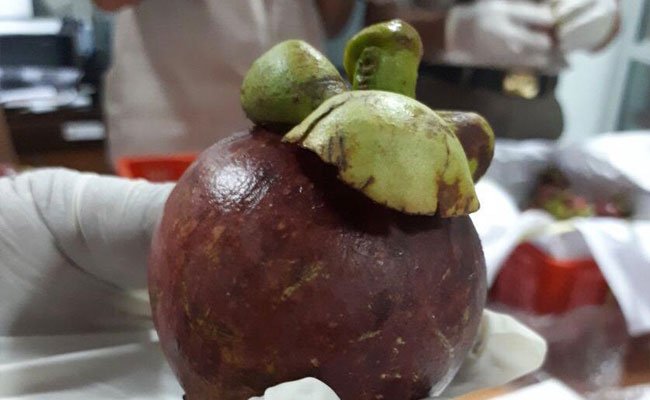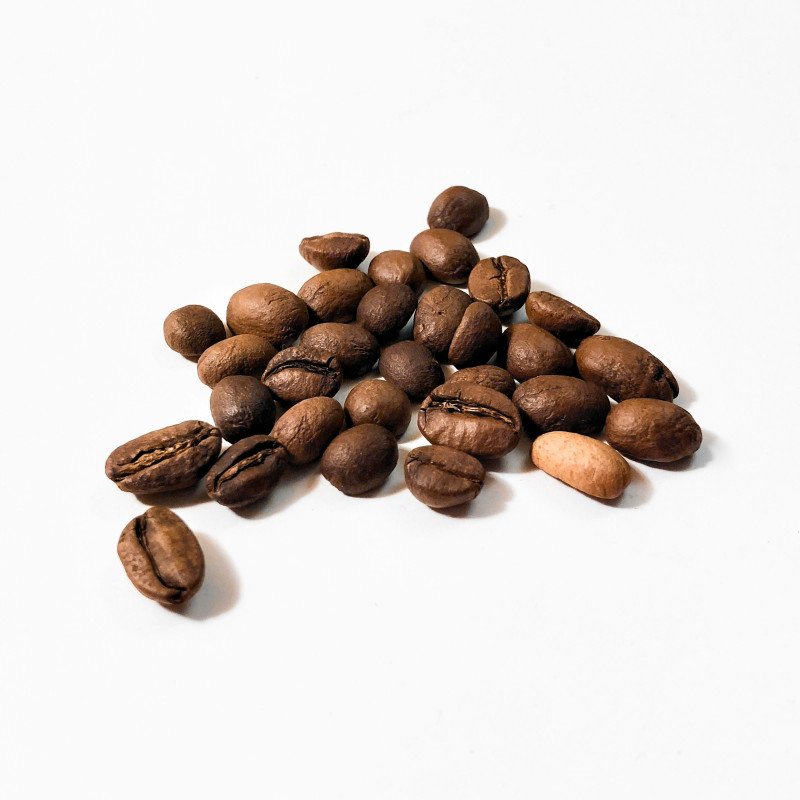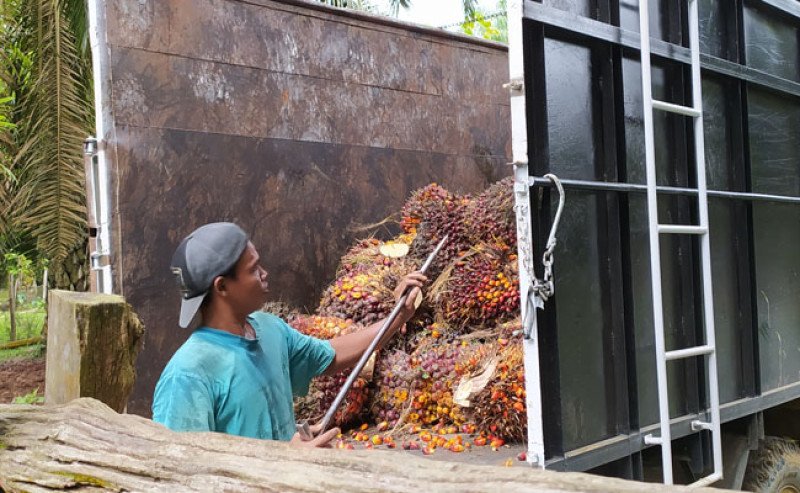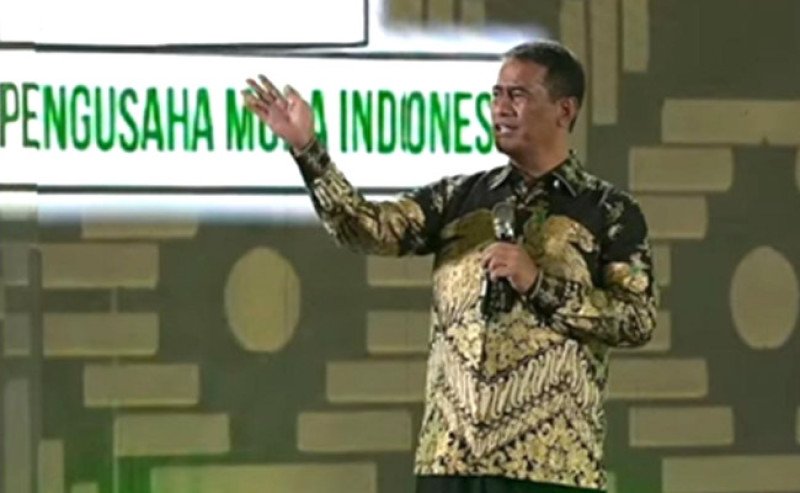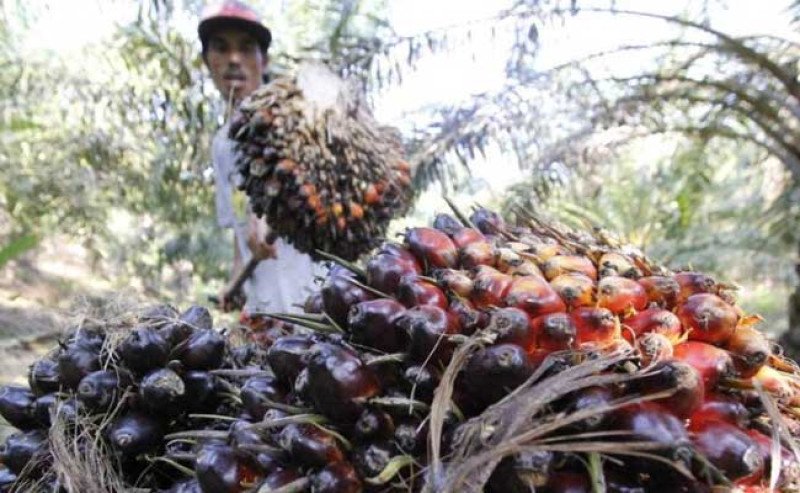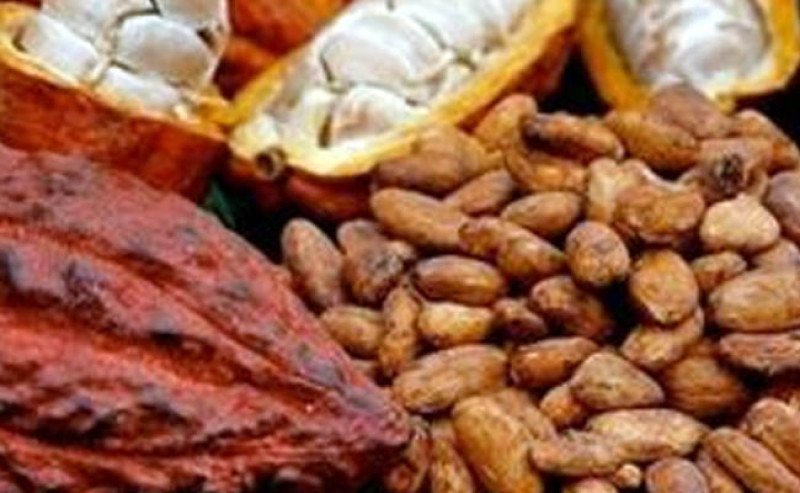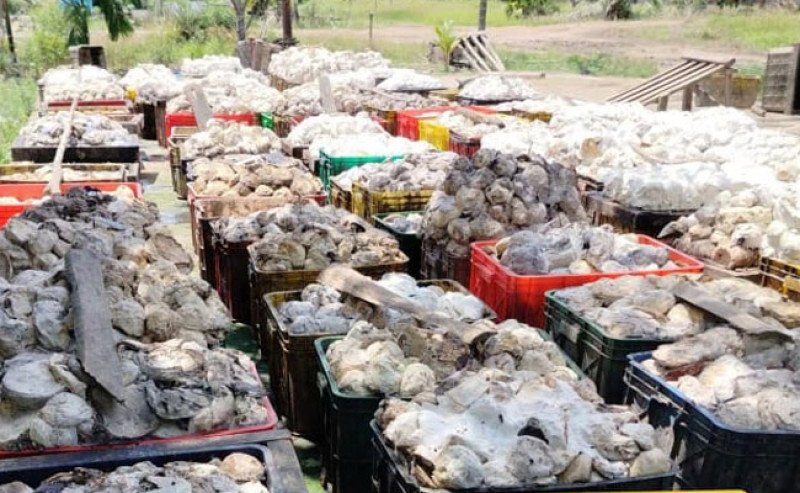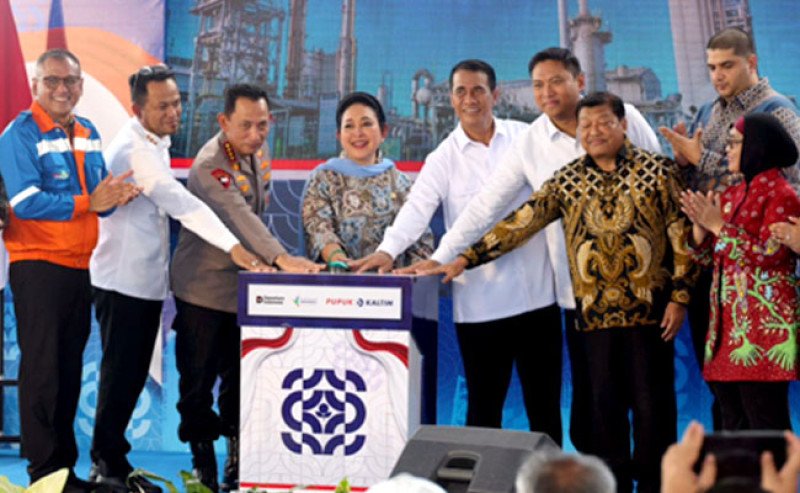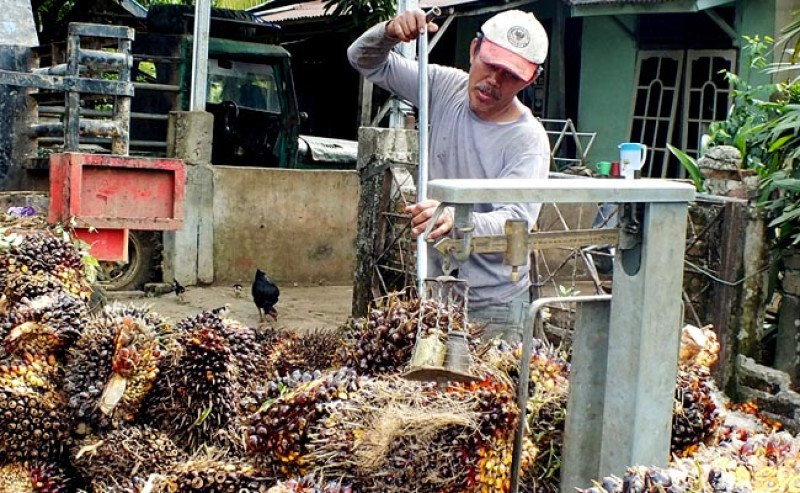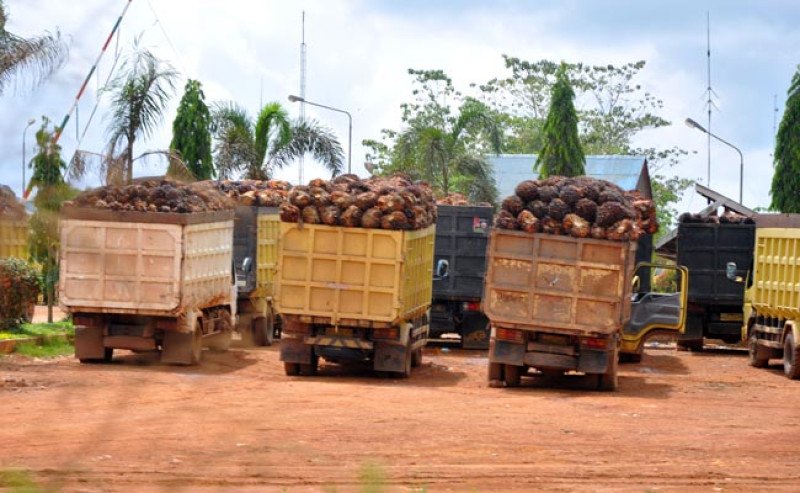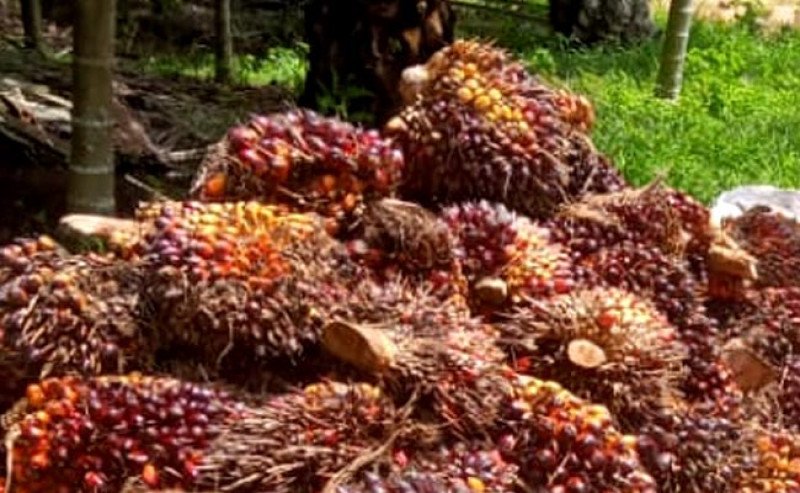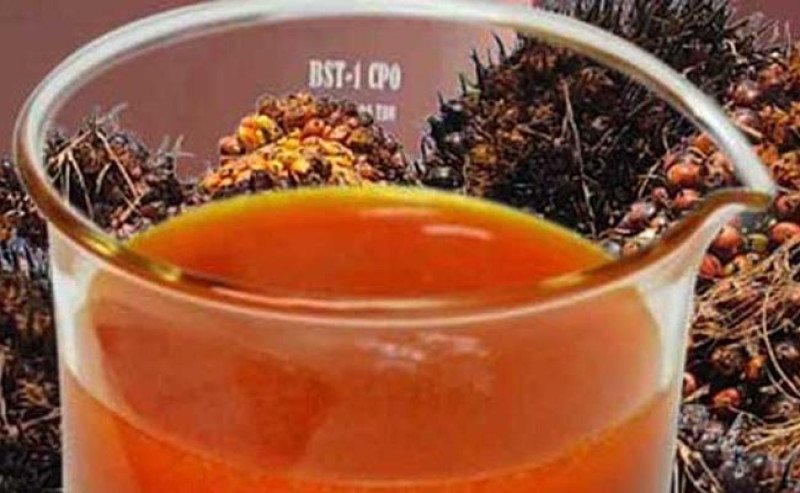Agricom.id, JAKARTA – The professor of Economy, Institut Pertanian Bogor (IPB), Muhammad Firdaus told that the government’s intervene in the horticultural product imports which were done to horticultural product import recommendation is inevitability that many developed countries do. But the commitment which the government has been running since 1994 about the agreement in the World Trade Organization, the claim from two advance agricultural countries, such as, the United States of America and New Zeland, forced Indonesia to revise related 18 regulations and laws.
“Before the chapters were substituted in UU Cipta Kerja, in the three national legislation programs, such as, Laws of Farmers’ Empowerment and Protection or UU Perlindungan dan Pemberdayaan Petani, Laws of Food or UU Pangan, and Laws of Horticulture or UU Hortikultura, it mentioned that the food imports, including the horticulture should be done if the domestic production is not enough,” he said through short message, Sunday (1/11/2020) as in the official statement to Agricom.id.
He also told that there is revision that the food needs would be done by advantaging the domestic sources of production, the food stocks, and imports.
“The clause in the paragraph mentioned that imports should notice the farmers and fishermen’s interests,” he said.
Many other agricultural countries implement the instruments, such as, tariff. Thailand put the import tariff more than it in Indonesia. Thailand also implements the barrier, such as, Thailand Brown Turkey (TBT) because the country implements good agricultural practices (GAP) in the registered orchards well.
“Australia since in the early of 2000s implements non-tariff barrier for durian, longan, and mangosteen though the northern regions want to develop tropical fruits which are not successful yet. This is the lesson learned that we should know in the horticultural product import policy,” Firdaus said.
The trade barrier, such as, quote may be taboo in the trade internationally. For the fruit imports, there is no significant reason to implement quote namely for the sub-tropical fruits which are not massively produced in the domestic.
“But the quote barrier still runs. It may be only about to protect the interests nationally, such as, for the strategic commodities,” he told.
He also described that the fruit import policy should not be the same with other commodity policy, namely for the strategic commodities which have something to do with inflation. He gave example, the strategic commodities, such as, onion, garlic, or chili are irreplaceable. It is different from the fruit. When a (kilogram of) apple is expensive, the consumers could buy something else, such as, orange or others. The people as the consumers could easily buy kinds of fruit.
“It means that analyzing fruit import policy is not the same with analyzing corn, sugar, or cow import policy which may open the gate for the profit seekers. The import policy keeps being improved in the last years to be more transparent and the license could run well. It is hoped that UU Cipta Kerja could give answer for this (problem),” Firdaus told. (A2)
